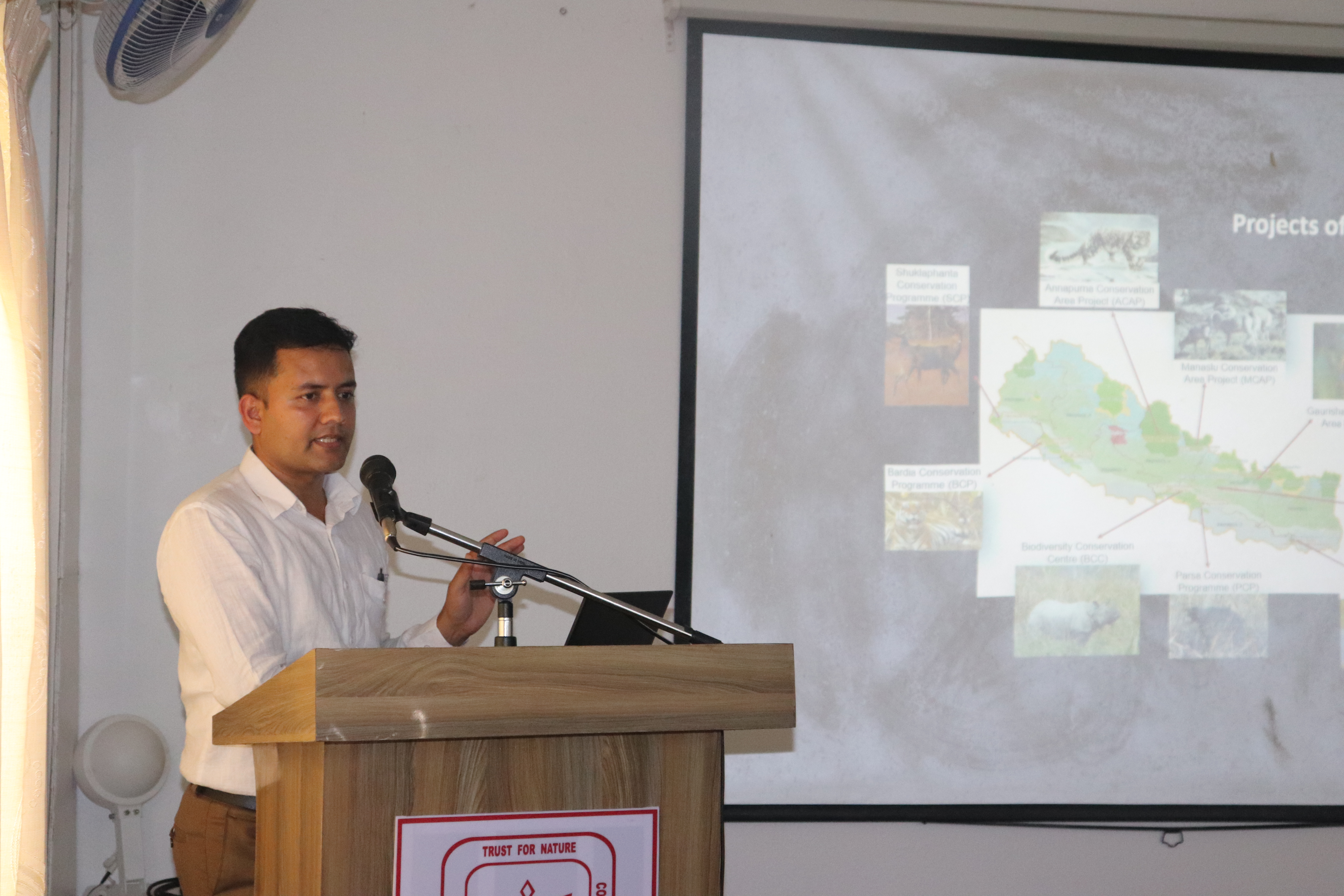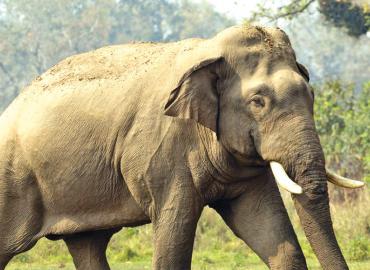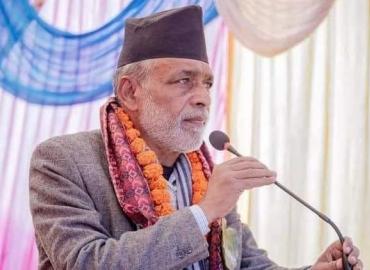suraha/ Ambika Prasad Khatiwada, the representative of Nepal's Dhole Working Group (DWG), highlighted the significant global environmental threat of biodiversity destruction, along with climate change, during the International Conference on Wild Dogs (Dholes) held in Sauraha, Chitwan. Khatiwada emphasized the need to develop a national action plan for the conservation of wild dogs, as its absence could undermine Nepal'ssustainable development goals.
He identified several major challenges facing forest dogs, including deforestation, habitat loss, forest fragmentation, poaching, degradation, and excessive exploitation of natural resources. Khatiwada stressed the importance of addressing these issues within the framework of global biodiversity conservation, restoration, and sustainable management policies and strategies.
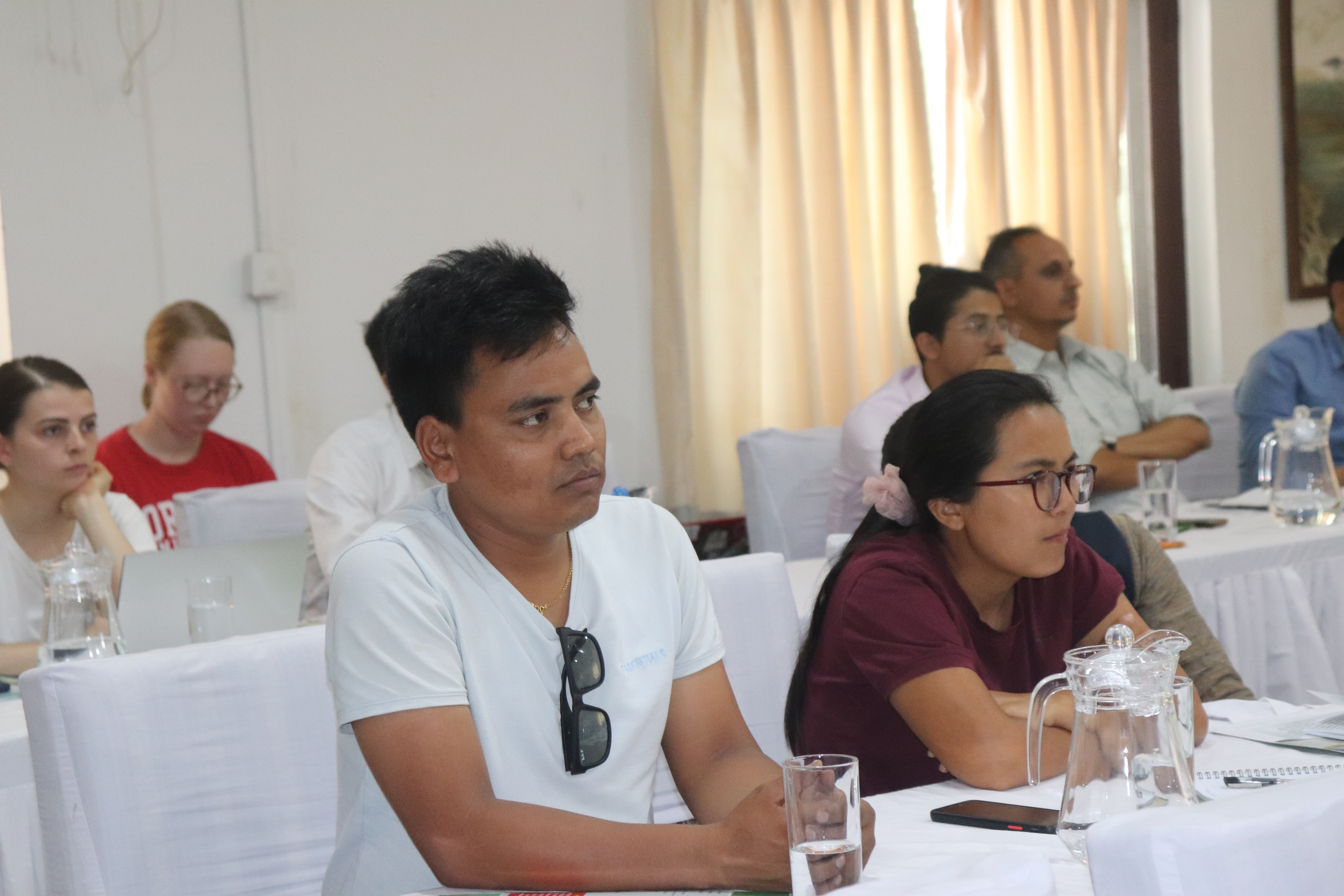
According to Khatiwada, the conservation of biodiversity can be achieved by ensuring the unbiased and equitable distribution of biological diversity, sustainable utilization of biodiversity components and genetic resources, and promoting livelihoods and economic development based on biodiversity. He also highlighted that 40% of the world's economy and 80% of the needs of the poor rely on the supply of biological resources.
Khatiwada emphasized that a healthy environment and ecological system are crucial for overall well-being, and neglecting wild dogs would disrupt the balance of the ecosystem. He stated that the loss of wild dogs, as representatives of the canid family, would have negative implications for the field of biology.
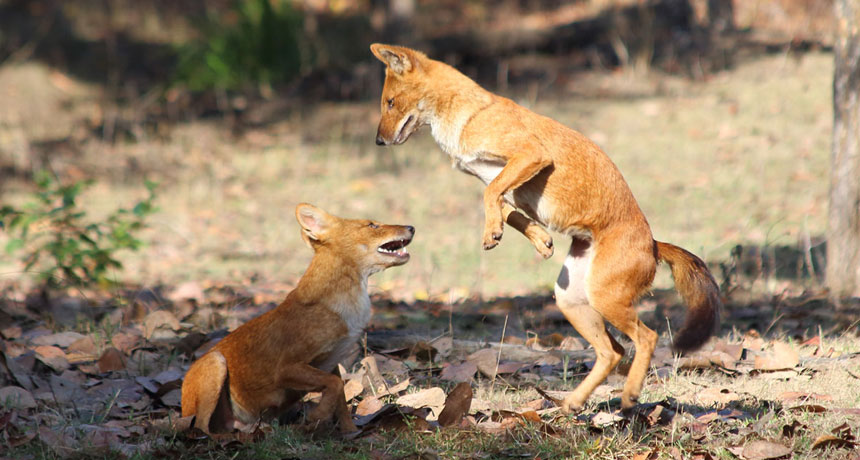
As the coordinator of the conference, Khatiwada proposed organizing an "International Dhole Conference" in Sauraha, Nepal, under the coordination of the Canid Specialist Group within the Dhole Working Group (DWG). The conference would span a week and include various programs in different regions of the National Nature Conservation Union. Khatiwada expressed confidence in the conference's ability to contribute to the study, distribution, population monitoring, determination of habitat diversity, and interactive awareness programs with local communities regarding Wild dogs.
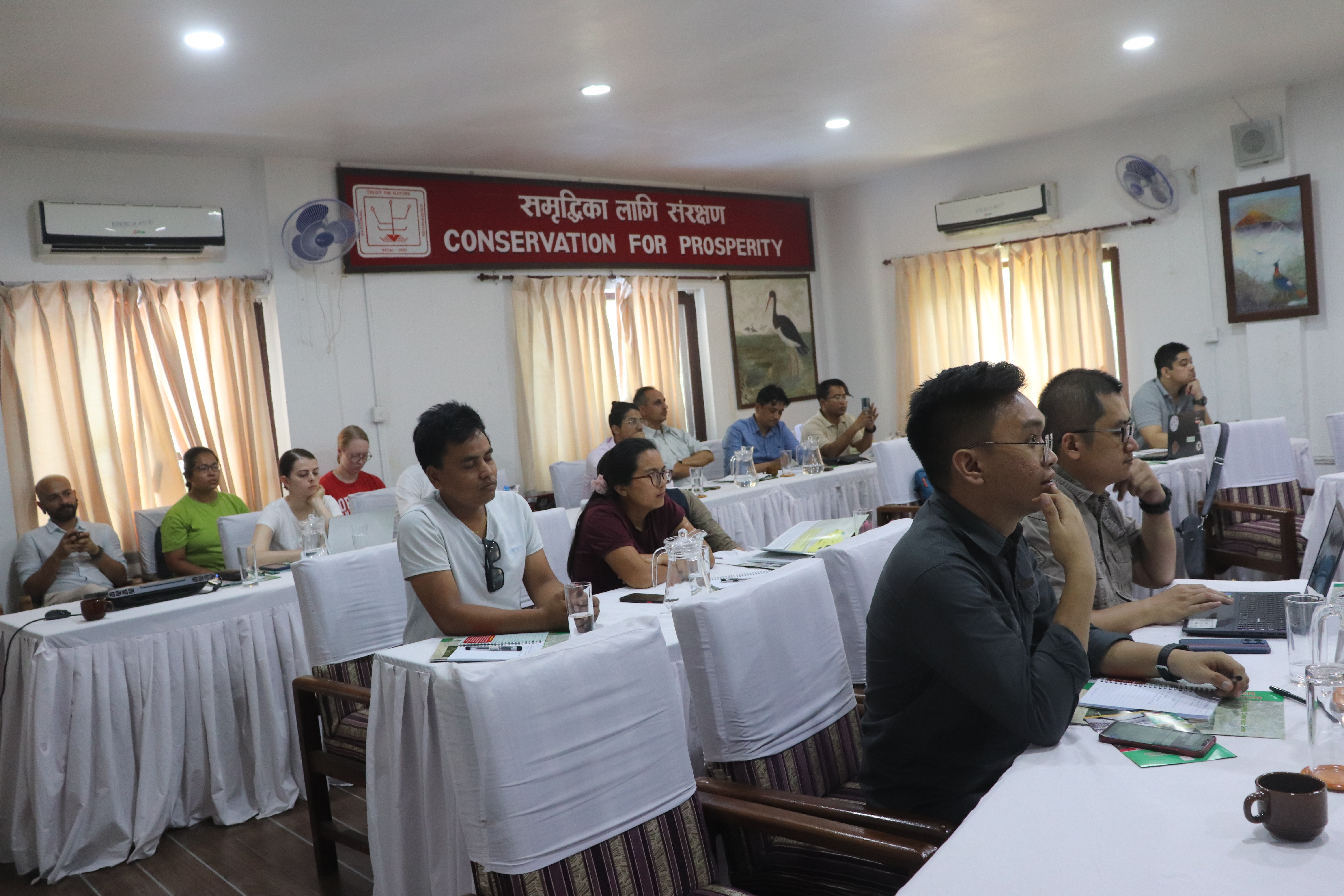
Khatiwada emphasized that the conference would focus on different dimensions of the Wild dog-human conflict, assess existing legal provisions for wild dog conservation, and work towards eliminating any shortcomings. He urged everyone to participate in the conference, as it would become part of the campaign for the conservation of vanishing wild dogs and the movement of natural resources affected by climate change.
Overall, the conference aimed to evaluate the significance of the human dimension in wild dog conservation and assess existing legal provisions to ensure their flawless implementation. Khatiwada urged everyone to attend the conference and actively engage in the campaign for the conservation of forest dogs, considering the changing dynamics of natural resources.

